Diversity, Equity, and Inclusion Plan: A Discussion
Exploration of its definition and description of its reception,
September 16, 2021
There has been discourse in Forsyth County, as well as across the United States, about Diversity, Equity, and Inclusion Plans, nicknamed DEI. They are initiatives that have floated around since the mid-2010’s, although fairly unknown until recently, and have attracted bouts of negative attention from invested citizens, including those residing in Forsyth County. In attempts to bring issues to light, concerned people are often attendees of board meetings to express their concern. The Forsyth County Board of Education allows residents to share their grievances and insights at monthly meetings. Even students are permitted to share their perspective from their experiences as soldiers in the trenches. Lately, much of the discussion at monthly meetings has been on the topic of a DEI Plan. Forsyth County’s plan was implemented in 2017, but training has been discontinued for the 2021-22 school year because of complaints.
DEI is a government-developed idea that aims, “To achieve quality learning and superior performance for all. Forsyth County Schools will create a culture of belonging where differences, abilities and beliefs are respected and celebrated.” Its goals are to engage a broader range of students, encourage staff to be more culturally competent, and clarify their commitment to the concepts of diversity, equity, and inclusion through reevaluation of current practices and increased diversity education of staff.
During Forsyth’s pause of DEI training, some families believed the plan was gone for good and moved to the county specifically to avoid the program. They believe that DEI’s diffusion promotes leftist ideology to their children, which they hoped wouldn’t be present in the school system. Additionally, they argue that the topic of diversity creates deep divides between students because it highlights their differences. A mother and business owner, Emily Mariano, said, “Giving special treatment based on your definition of underrepresented is confusing to young American children. Telling kids they need more help or less because they are a minority or a majority is divisive and not the education for our children that we moved to this county for. A lot of parents don’t even understand what you’re implementing here and I believe it’s predatory and wrong.” Many parents with the same views as Mariano aim to speak their mind to the school board until the idea of DEI is dispelled.
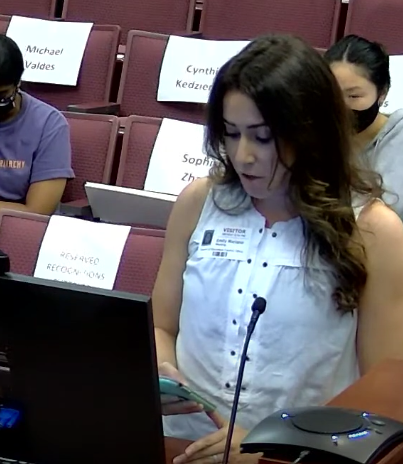
Another group of people are campaigning for better enforcement of basic school rules, rather than the reimplementation of the DEI Plan. Robert McLaughlin, father of two, spoke on the topic of treatment based on diversity and pointed out that, “Other students report that they have been made to feel physically unsafe. If this is so, we don’t need to create a new DEI program with expensive administrators. This kind of misconduct is directly addressed by the student code of conduct.” Tougher crackdown on general bullying would protect students better than a diversity initiative could is the message these voices convey.
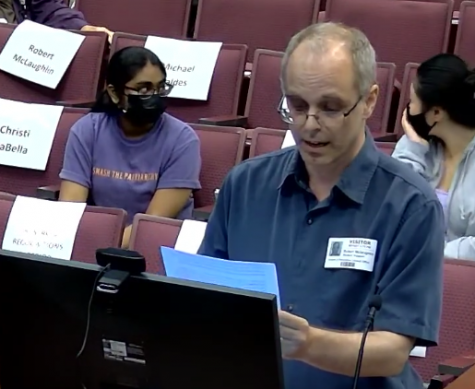
However, students of Forsyth County and others across Georgia are actively involved in promoting DEI. They run social media accounts under the handle @s4dei.ga, urging their peers to protest and keep their educational environments culturally safe. Specifically students of Denmark High School attend Board of Education meetings often, fighting to keep cultural awareness in the schools so that there is recognition of diversity that brings understanding and cohesion to their learning environment.
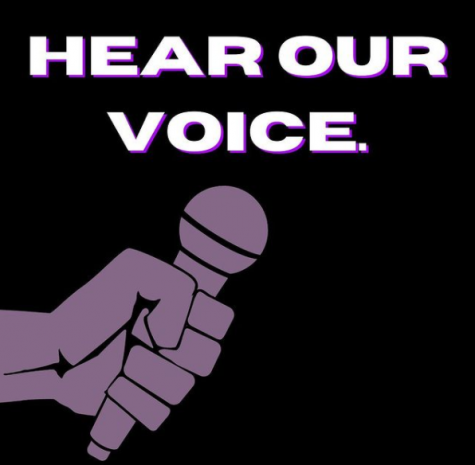
https://www.instagram.com/s4dei.ga/
One Demark High student named Ryan Liming is a proud defender of the DEI Plan. He happens to be transgender and has lived in Forsyth County his whole life, and he came out to his school in 2018, directly after the beginning of DEI training. Liming was astounded by how accepting his teachers were of his identity, crediting that in part, to the DEI plan and the broadening of staff worldviews. Liming is striving to have the original DEI Plan put back into place, with some additions. He says that accommodation of diverse learning styles, knowledge on how to receive the LGBTQ+ community, and respect for holidays of other cultures are necessary pieces of educational life. In response to uproar over the current plan, Liming stated, “The controversy is that people don’t really understand what DEI is. They think it is critical race theory, which teaches about systemic racism, and that’s not what DEI is. [DEI] is trying to make a place where teachers and students can be culturally smarter.” That being said, Liming clarified that, “I would rather have a new program instead of DEI that has better enforcement and better policies.” Liming is constantly striving to create motion towards a progressive future in America.
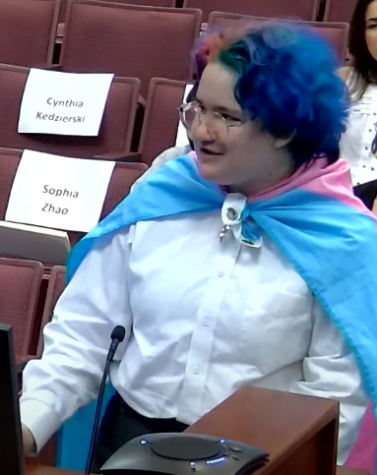
The overlapping opinions and voices are a confusing representation of Forsyth County’s population. The Board of Education has much to consider in terms of altering the Diversity, Equity, and Inclusion Plan: if they should rip the plant out at its roots or fuel it with fertilizer. All that can be predicted now is that Forsyth County citizens will continue to make their minds known every third Tuesday, pursuing ethical peace of mind.



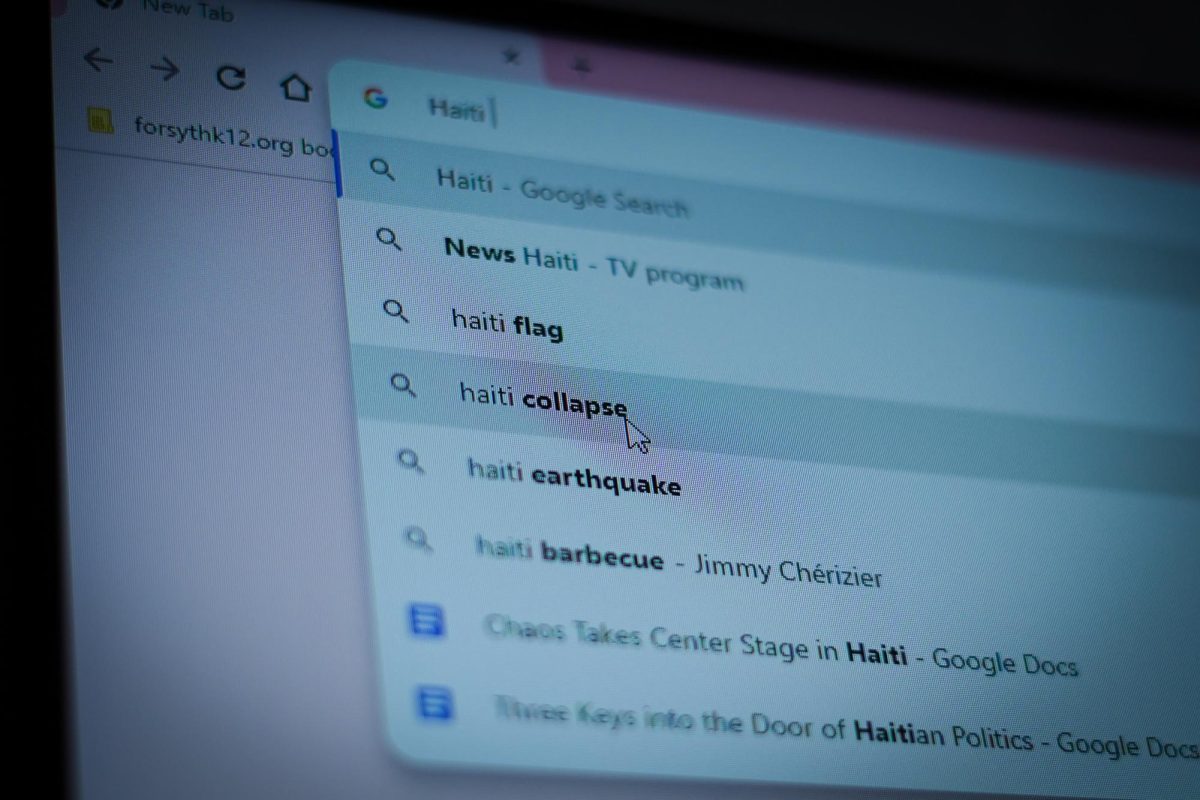
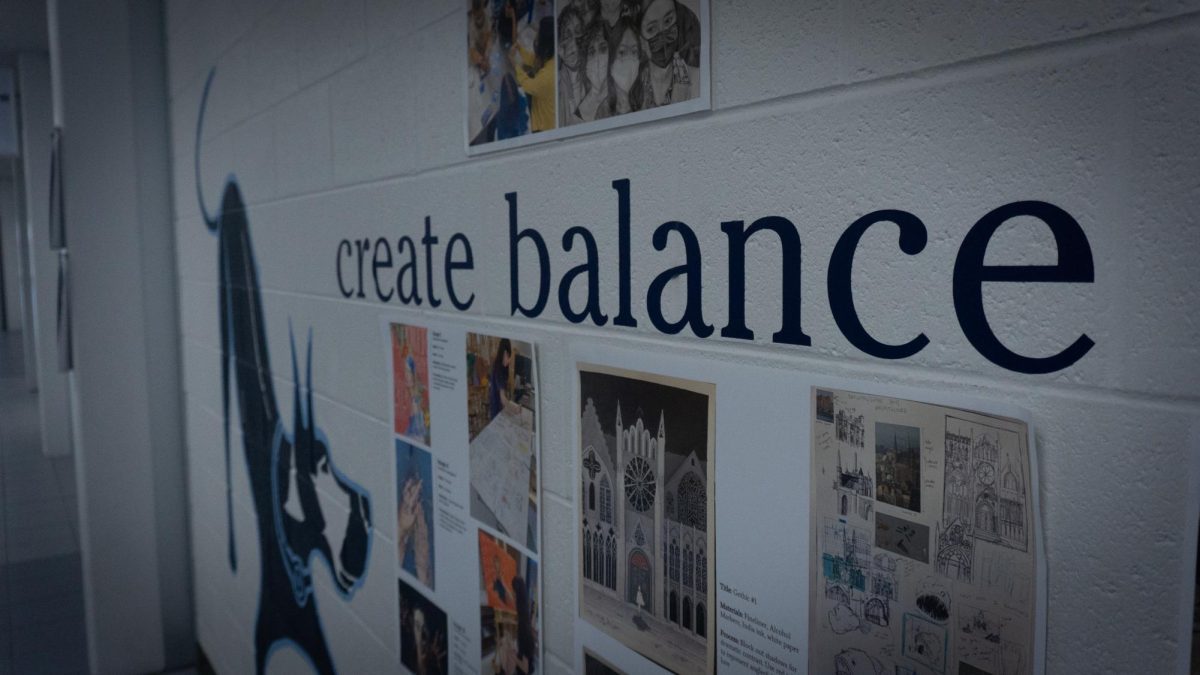

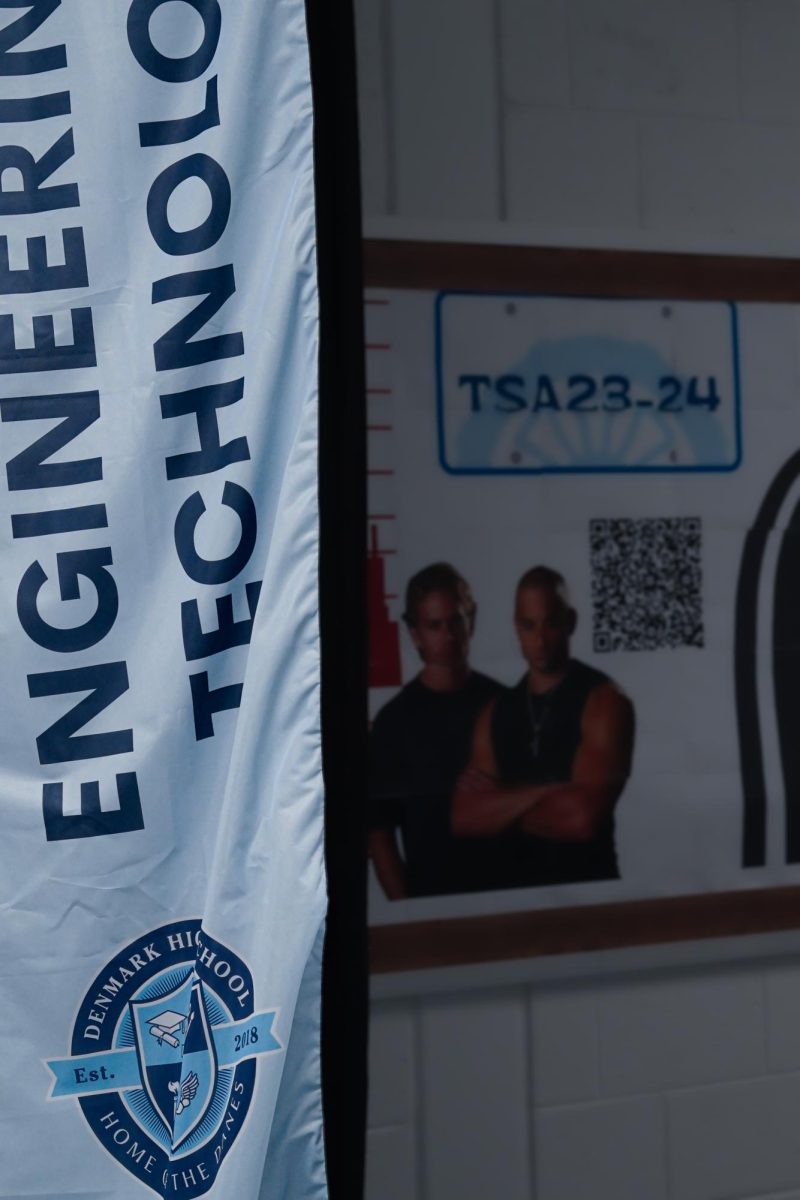

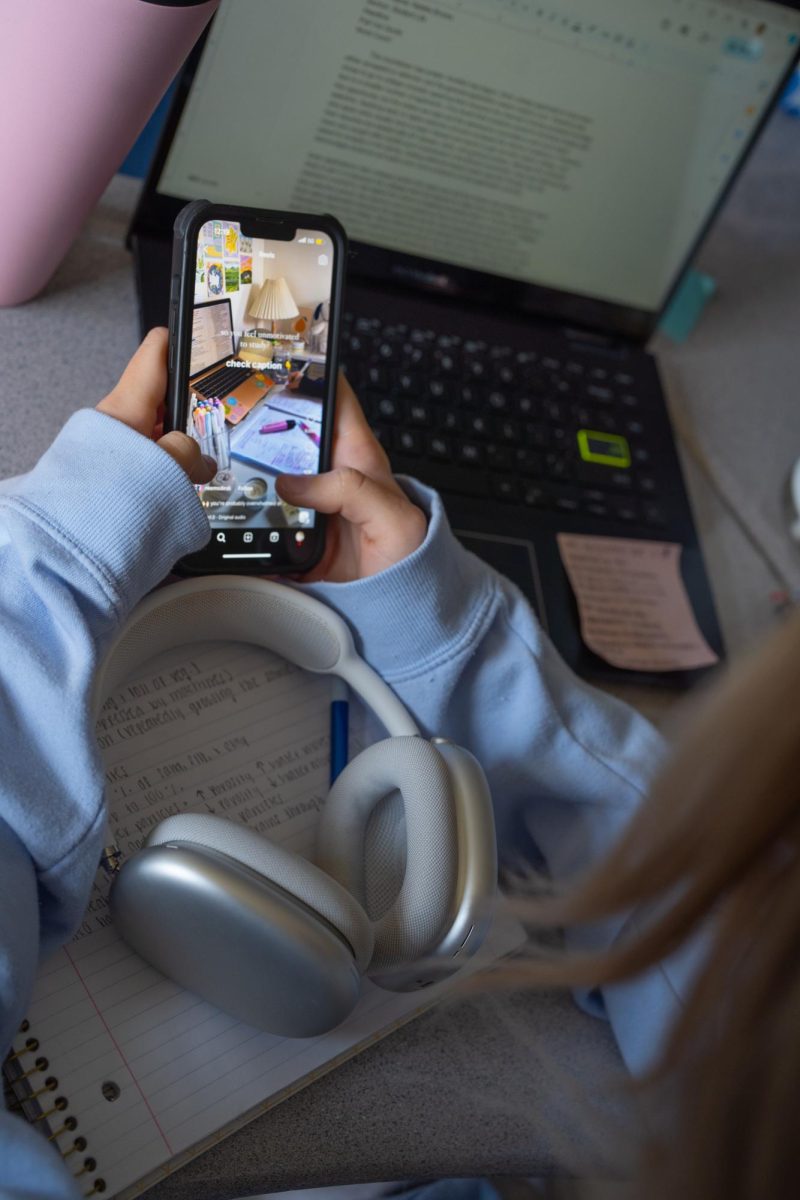
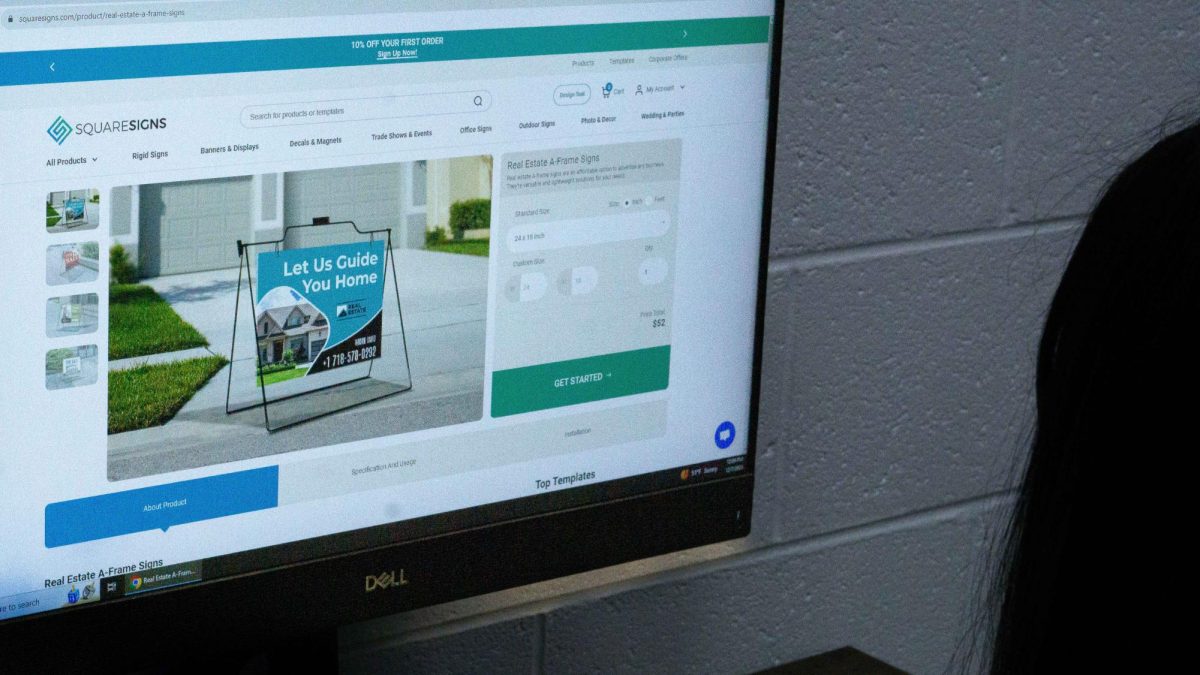








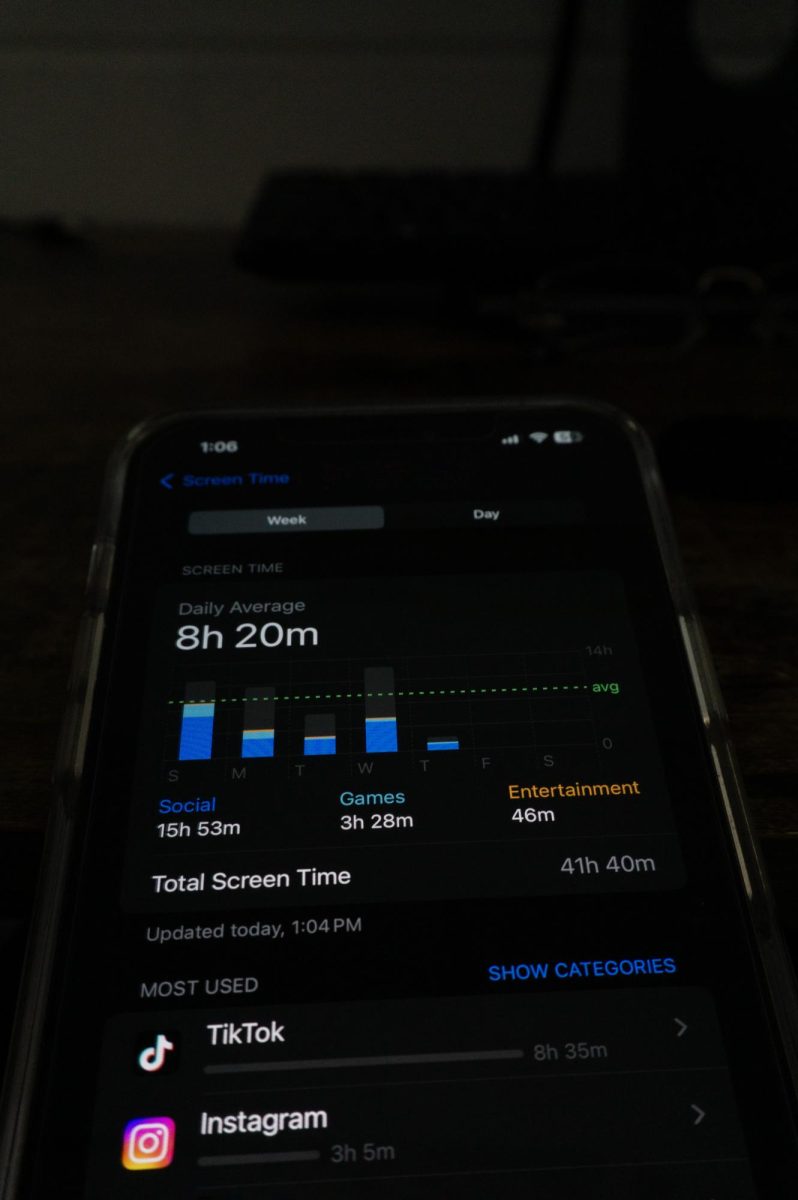

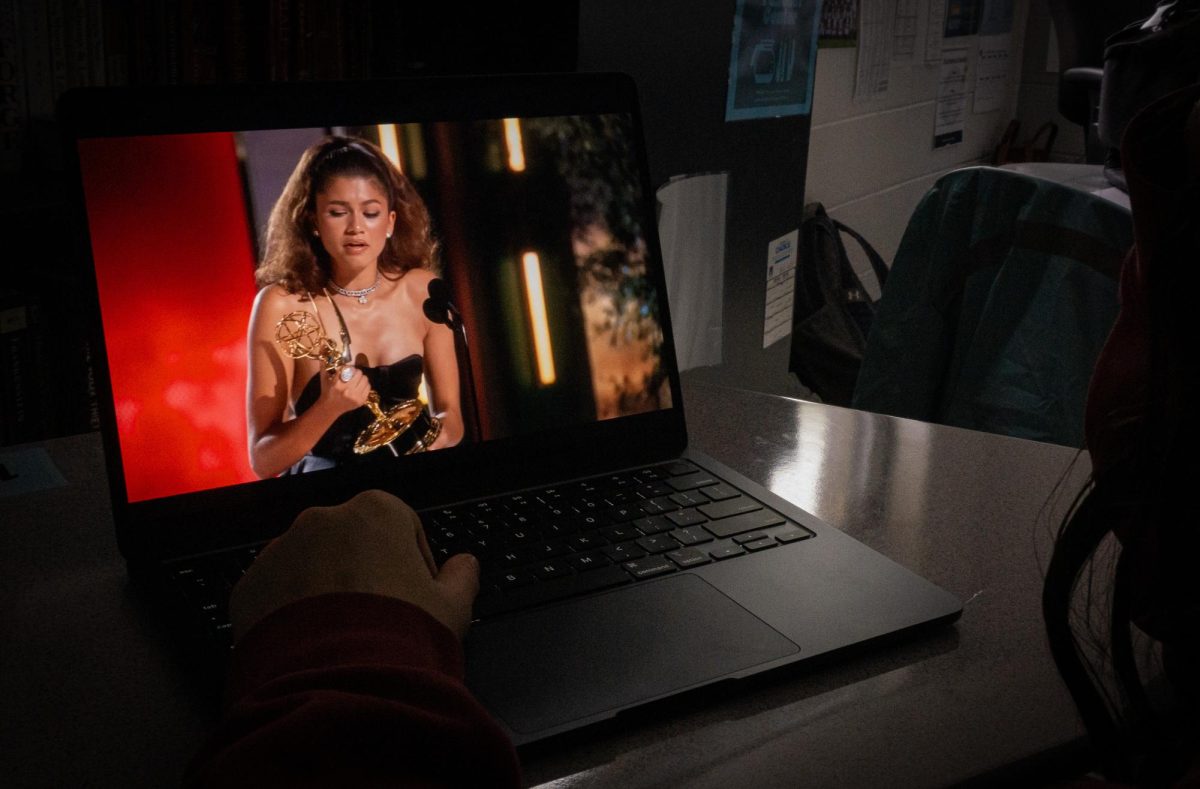
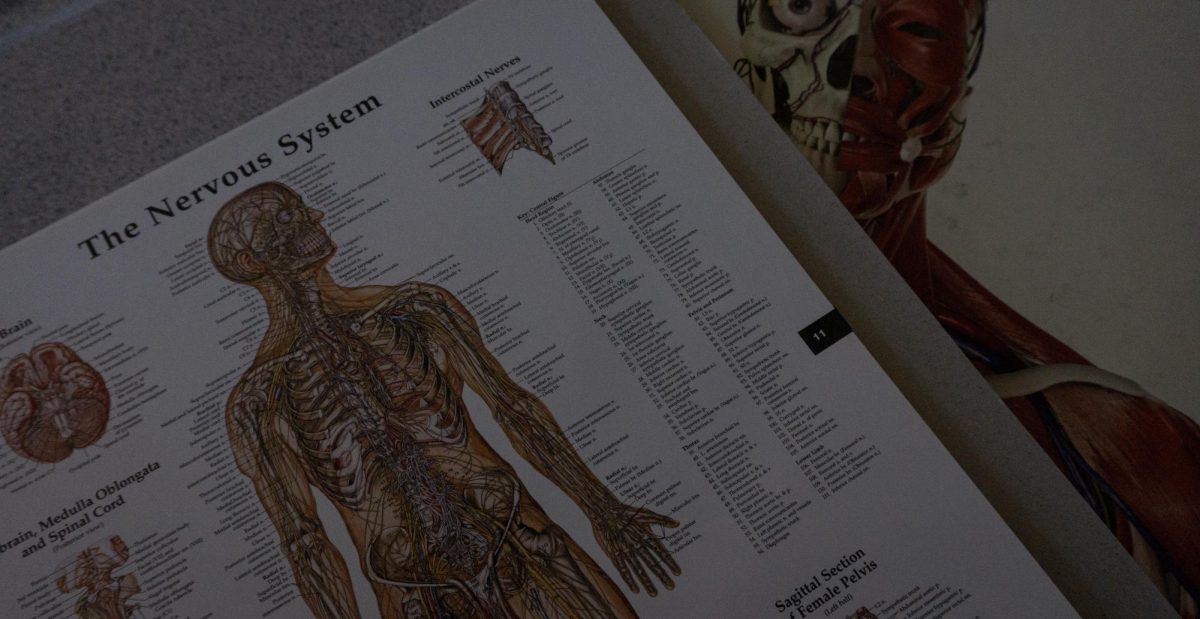
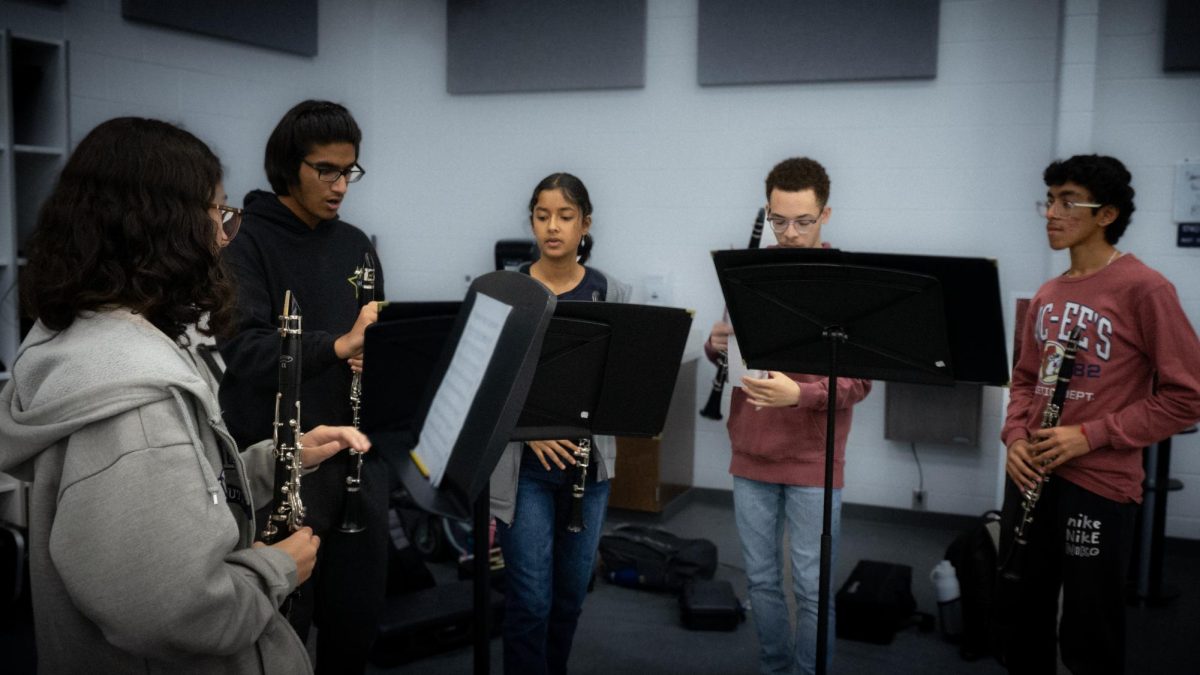

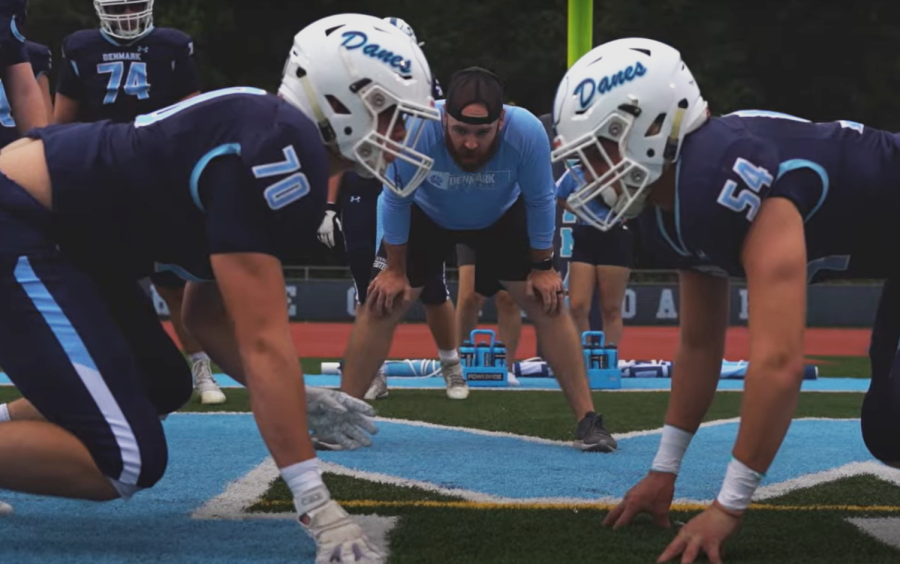
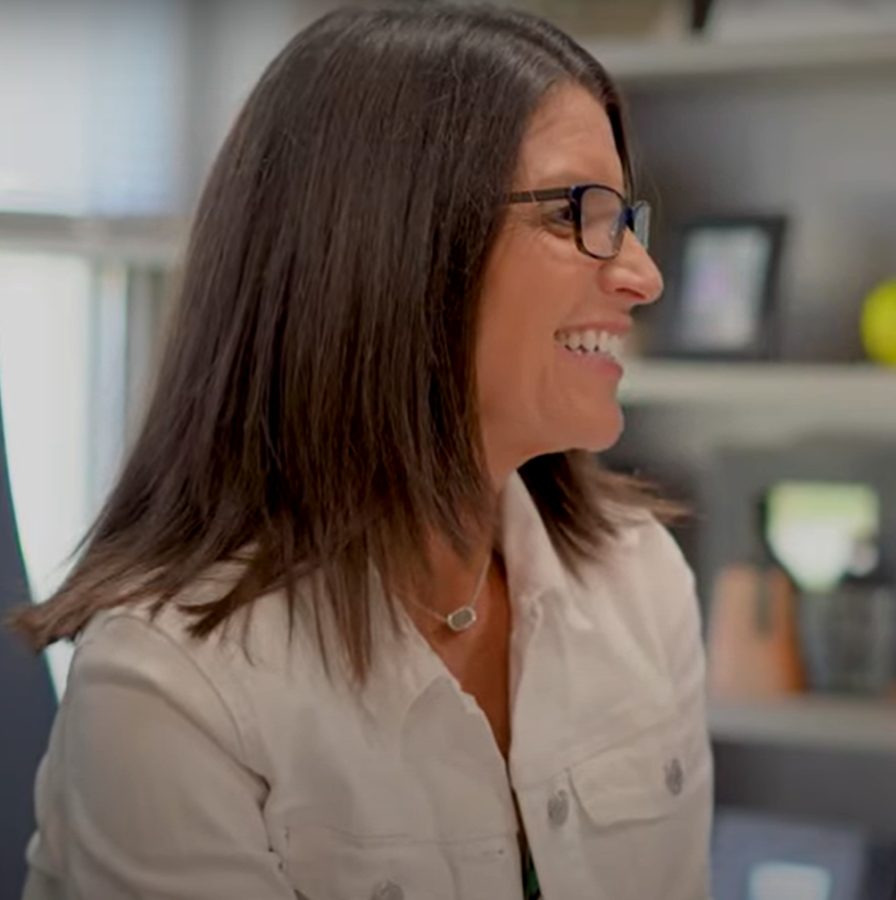





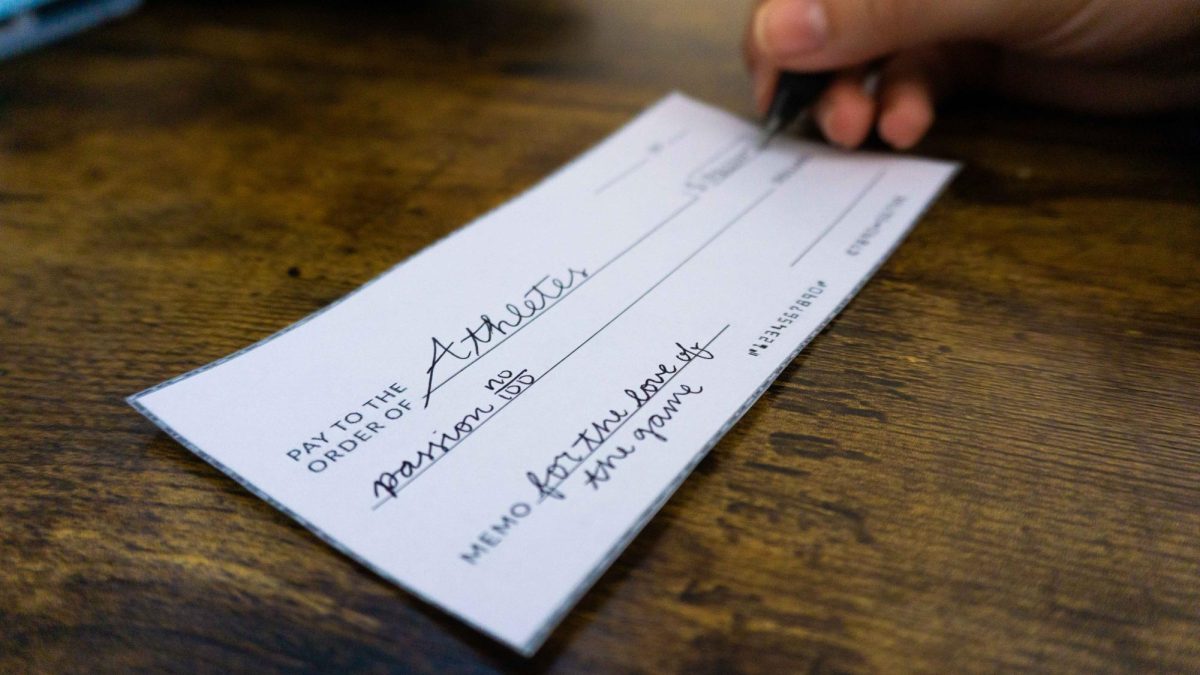



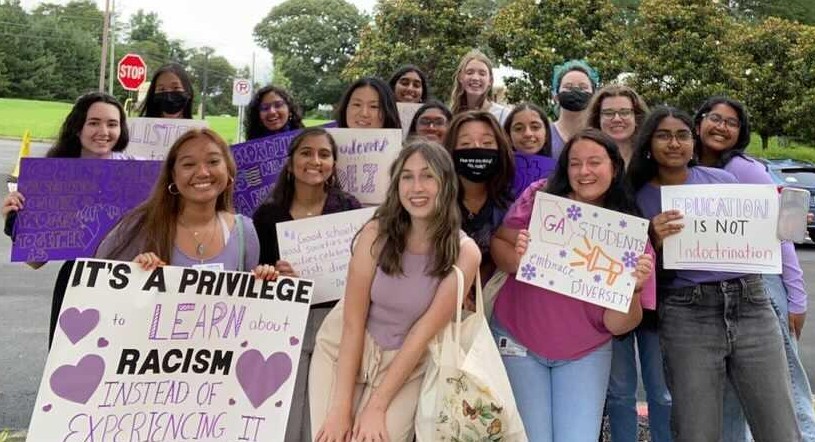

Madi • Oct 20, 2021 at 10:10 am
Great plan!